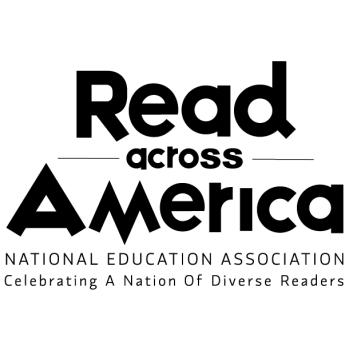Read Across America Day: Celebrate a Nation of Diverse Readers

Event Description
Join NEA’s Read Across America to celebrate a nation of diverse readers with these recommended books, authors, and teaching resources that represent an array of experiences and cultures.
Classroom Activity
Read Across America has celebrated books and reading since 1998. This year, there are even more opportunities:
• Encourage adults to spend more time reading to children
• Share stories that raise up the many voices that need to be amplified and heard
• Use books to help students discover their own voices and learn from the voices of others
• Encourage readers to believe in themselves and use their voices and stories for positive change
Use the Read Across America Day calendar, Build Your Stack® posts, and ReadWriteThink.org resources to support these efforts.
Websites
Join NEA to celebrate a nation of diverse readers with these recommended books, authors, and teaching resources that represent an array of experiences and cultures.
NEA is excited to bring Read Across America year-round to help motivate kids to read, bring the joys of reading to students of all ages, and make all children feel valued and welcome.
Review the recommended titles in this calendar and the Read Across America poster.
This NCTE initiative is focused exclusively on helping teachers build their book knowledge and their classroom libraries.